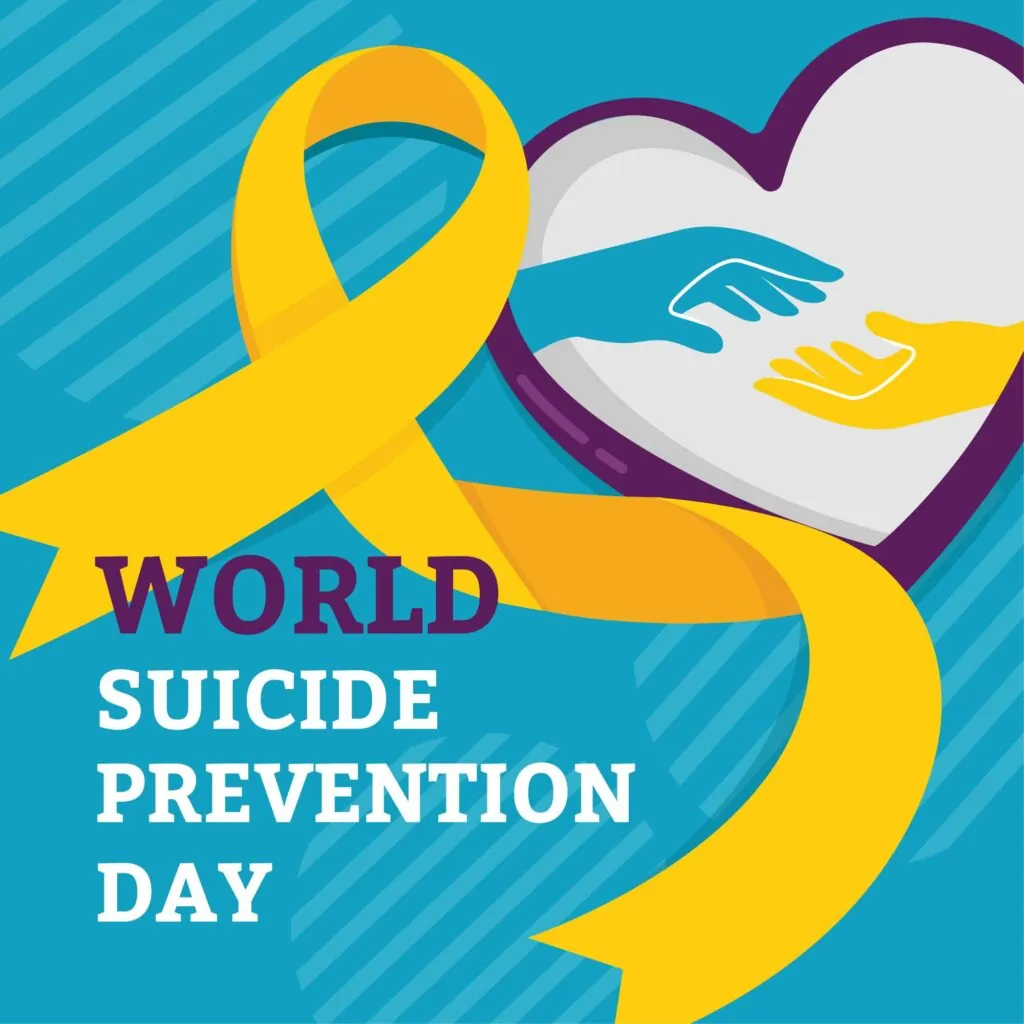
Every year, more than 700, 000 people die by suicide worldwide. September 10, World Suicide Prevention Day is a time for us to reflect, educate, and join a collective effort to reduce the stigma surrounding suicide and mental health.
Why does Awareness Matter?
- Awareness fosters hope. When suicide is discussed openly and compassionately, individuals are more likely to seek help, and communities are better equipped to respond.
- It is preventable. Research consistently shows that early access to mental health support, community connection, and reduced stigma save lives.
Talking About Suicide Helps
For many years, suicide was a hidden and stigmatized subject. Silence, however, only deepens isolation for those who are struggling. By speaking about suicide in respectful and supportive ways, we:
- Normalize conversations about mental health
- Reduce the shame that prevents people from seeking help
- Signal to those who are struggling that they are not alone
Open dialogue creates an environment where asking for support is not only accepted but encouraged.
Education as Prevention
Education helps us move beyond fear and challenge misinformation, often found on social media. What are some important things to know?
- Suicide is complex. It often results from multiple factors, including mental health conditions, social pressures, trauma, or feelings of hopelessness.
- Help is effective. Evidence-based therapies including CBT, ACT, and DBT provide practical tools for managing distress.
- Support networks matter. Access to family, community, and culturally relevant supports can play a critical role in prevention and recovery.
By learning more, we not only equip ourselves but also strengthen our communities.
Its important to remember that suicide is not an issue limited to one generation. Suicide can affect people at any stage of life, but the challenges look different across generations.
- Teens & young adults may struggle with identity, academic stress, social pressures, or the impact of online culture. Early access to support and open conversations at school and home can make a profound difference.
- Older adults may face loneliness, physical health issues, grief, or changes in independence. Encouraging connection, reducing isolation, and valuing the voices of seniors are essential to supporting well-being.
Recognizing how age and life stage influence mental health, allows us respond with empathy and ensure that support is tailored to each individual’s experience.
Building a Culture of Hope
Prevention goes beyond crisis intervention. It involves fostering a culture where:
- Mental health is valued as much as physical health
- Resources are visible and accessible
- Compassion and understanding replace judgment
- Everyone feels they have a role in supporting wellness
If You Need Support
While we provide evidence-based psychotherapy to support long-term healing and mental wellness, Sageview Health is not a crisis service. If you or someone you know is in immediate crisis, please reach out for urgent support.
- Suicide Crisis Helpline: 988
- Kids Help Phone: 1-800-668-6868 or text CONNECT to 686868
- Hope for Wellness Help Line (for Indigenous Peoples): 1-855-242-3310
In an emergency, call 911 or go to your nearest emergency department.
At Sageview Health, we believe awareness and education are powerful tools for prevention. Talking about suicide with compassion helps reduce stigma, encourages people to seek support, and fosters a culture of hope.
Find your way
Our clinicians provide safe, compassionate support to help people manage mental health challenges using evidence based approaches including CBT, DBT, and ACT.
